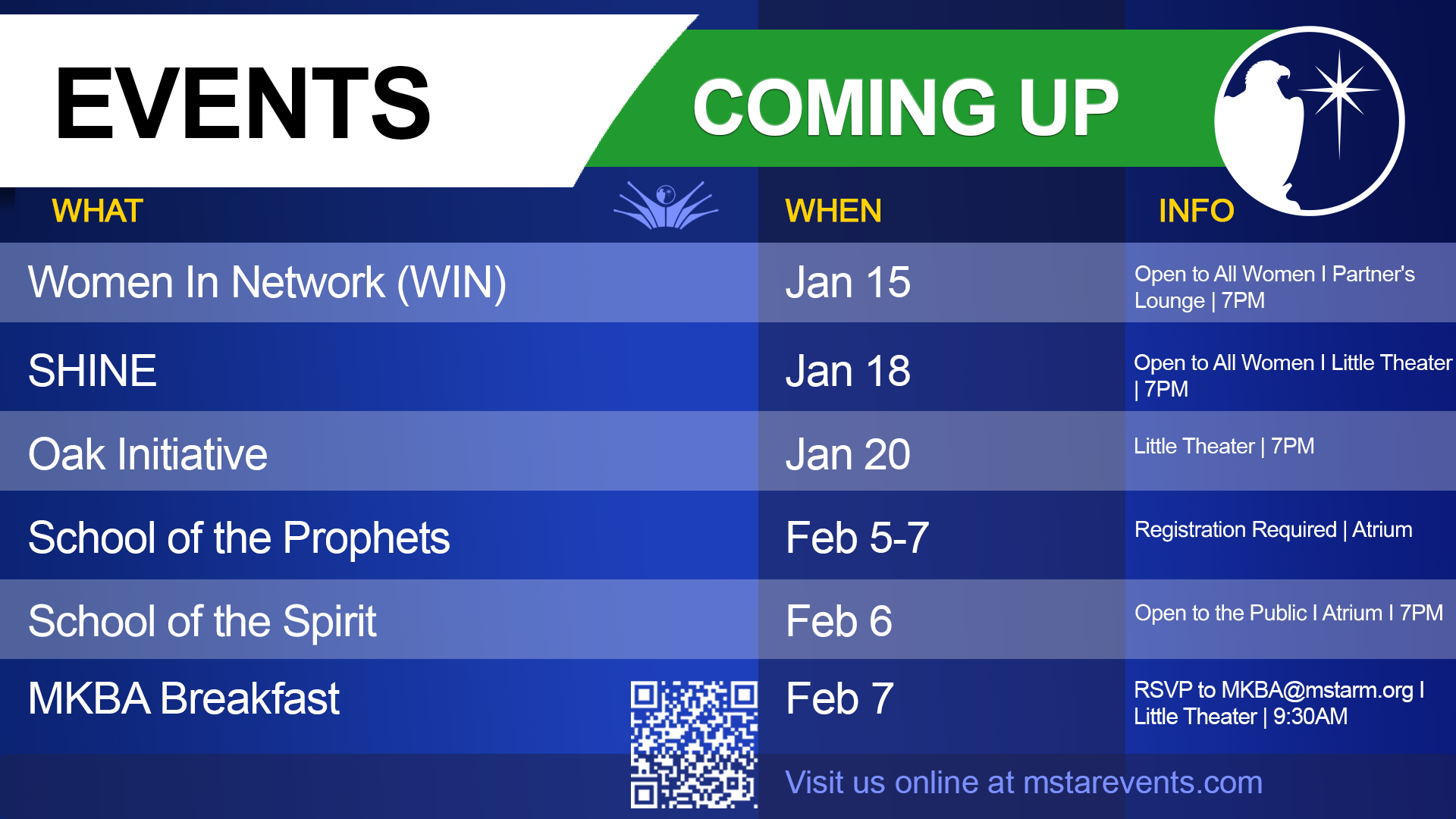Previously, we have discussed the three main aspects of utilizing prophetic revelation: 1) revelation, 2) interpretation, and 3) application. This week we will elaborate a bit more on these, sharing some basic principles we’ve learned, but recognizing that these are principles, not laws. There are exceptions to principles!
Many today are getting prophetic revelation, which is one of the major signs of the “last days” according to Acts 2:17-18. It seems in this text that the prophetic revelation of dreams, visions, and prophecy are being poured out on everyone—male, female, old, and young—and that is indeed the case. The reason why this happens “in the last days” is because in the last days we are going to need prophetic revelation and guidance like never before. However, it may not do us much good without accurate interpretation and then application.
In my experience, far more people are being given revelation than there are people with gifts of interpretation. There are even fewer with the wisdom to apply it. In Matthew 23:34 the Lord said, “Therefore, behold, I am sending you prophets and wise men and scribes.” It seems that He intends for these three to come together and to be sent out together. The prophet gets the revelation, the scribe records it (see Habakkuk 2:2) and possibly interprets it, and the “wise men”apply it.
In Scripture, the ones with gifts of interpretation had possibly the greatest impact with government leaders, such as Joseph and Daniel. They both received revelation, but these two, who were the greatest interpreters in Scripture, could not interpret their own revelation very well. Joseph surely did not do well with handling his, and Daniel’s “made him sick,” and he was told that he could not understand it but to seal it up until the end of the age. However, both Joseph and Daniel were remarkable in their ability to interpret the revelation given to others.
We have to grasp that none of the gifts are for us. Those I know today who receive the greatest revelation cannot hear for themselves very well. Likewise, I have learned not to trust those who have the greatest gifts of interpretation to interpret their own revelation. All of this caused me to start praying far more for the gift of a “word of wisdom” than the gift of a “word of knowledge” or the gift of prophecy. I have witnessed a lot of very accurate revelation not interpreted right or applied rightly.
Usually the revelation gifts and the interpretation gifts are given to prophetic people, but I have concluded that we need apostles, teachers, sometimes evangelists, and almost always pastors, to apply the revelation correctly. Apostles and pastors are the ones who are most responsible for the oversight of the people and usually know how to best apply revelation to the situation.
For years, when I would receive a revelation for a person, church, or even a nation, the ones in authority would ask me what they should do. I usually answered that I did not know because that was their part. This made some angry, but I have seen many prophetic people answer those questions when they should not have, and it made a mess. I would answer if I felt that I had a word of wisdom from the Lord about it, but otherwise, I would try to leave it in the hands of those in authority regardless of how much they pressured me for an answer. If I felt that I may have some insight into how it was to be applied, I would say what the Apostle Paul gave us as a good example—I would make it clear that this was just my opinion, and though I may think it is right and what the Lord would want us to do, I could not say clearly that I got it from the Lord.
I have also done my best to help those in authority learn that just because one gets a revelation about a situation does not mean they have the wisdom or understanding on how to apply it. Sometimes we are given supernatural revelation of things, but it does not take a supernatural word of wisdom to know what to do—the Lord has the people in place to already know what to do with it.
Revelations can be spectacular, and there can be a tendency to think that anyone who is given such a spectacular revelation must have the wisdom to know what to do with it, but that is something we must guard against. If you are a pastor or leader who has authority over a church, movement, or ministry, you are the one who has the responsibility for leading and must make the call on how to apply any revelation or guidance.
Prophetic people must also realize that just because they received a revelation does not mean that they have authority over a situation. We must all respect the spheres of authority that God has assigned to each. Prophets were sometimes called “watchmen” in the Old Testament because this was a basic responsibility they had and that New Testament watchmen have today—to be watchmen for the body of Christ. The watchmen stood on the walls of a city, an elevated place where they could see much farther than the elders who sat in the gates. When the watchmen saw someone coming, they had the responsibility to report it to the elders, who would then determine what to do with the information. The same is true today, and we will have much more to say about this later.



